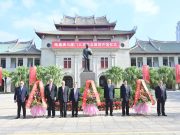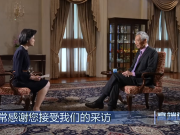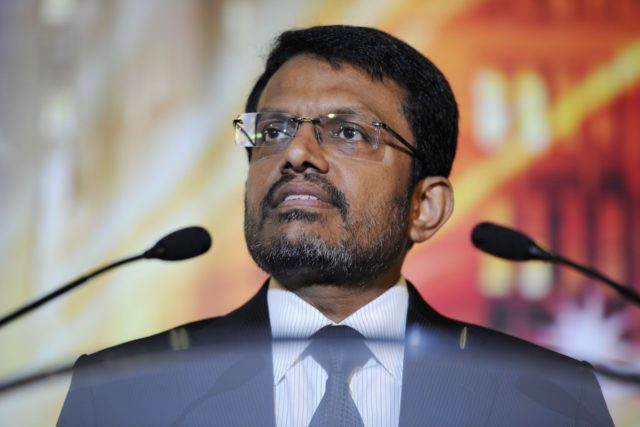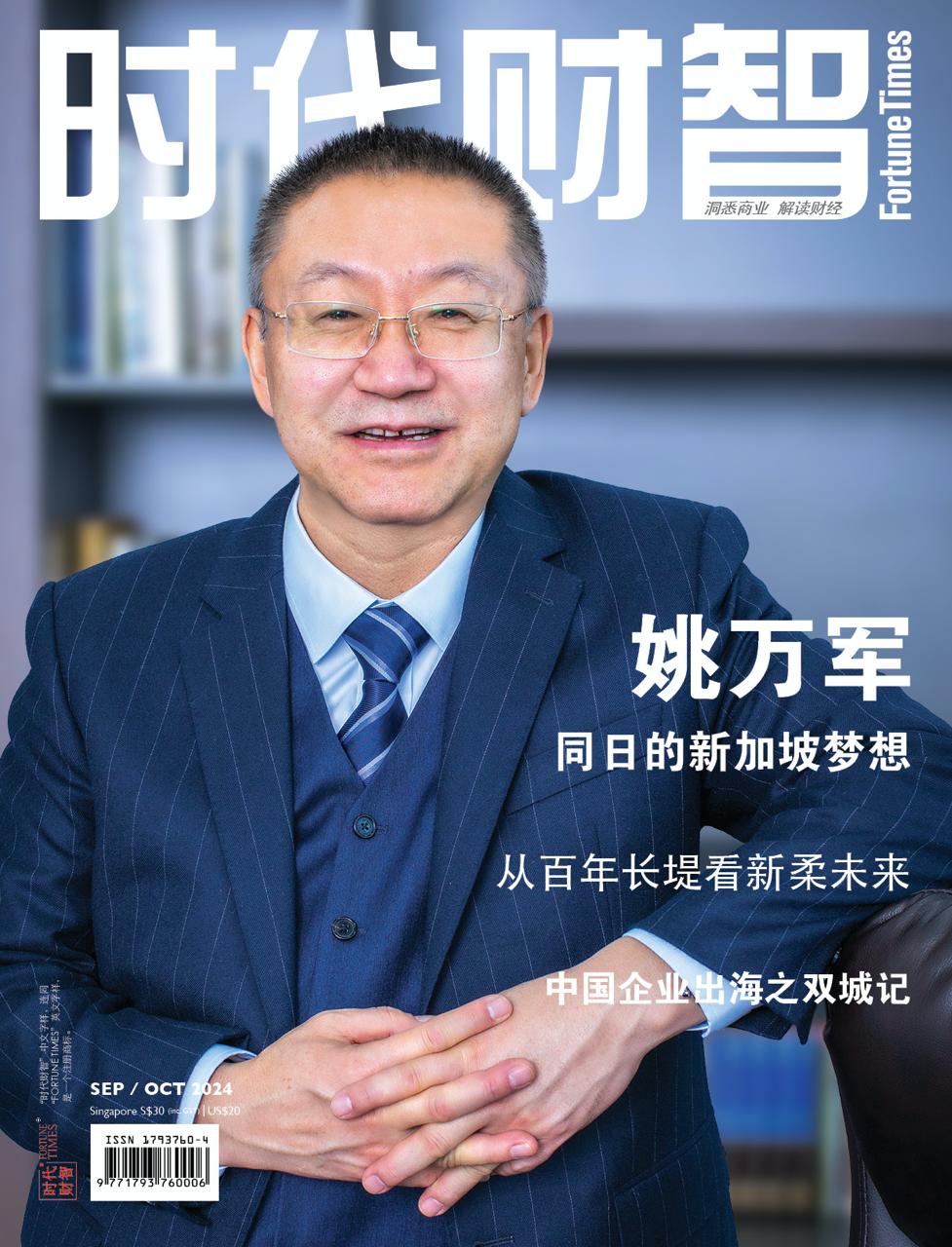Singapore, 16 Jan 2018 – The “papa bear” of inflation – one of three bears to watch in the current “Goldilocks economy” and which currently seems missing in action – could roar back and catch investors off-guard, as the downward pressure on prices due to a globalised world might soon peter out.
This comes as Singapore is set to gain from stronger prospects in 2018, with a global economy that is chugging along at a “not too hot, not too cold” rate, said Ravi Menon, managing director of the Monetary Authority of Singapore (MAS), at the UBS Wealth Insights forum on Monday.
He was referring to the current combination of healthy growth, low inflation, and easy financial conditions. Indeed, world gross domestic product (GDP) is estimated to have grown by 3.8 per cent last year – the strongest pace of expansion since the rebound from the global financial crisis in 2010.
Notably, the global electronics sector is on a strong upswing, thanks to the surging demand for chips used in smart devices that has also benefited Singapore. This has showed that the Singapore economy’s “beta” to the region and the world has stayed reasonably strong, even as he warned that work remains to be done to boost productivity growth.
“For a time, there were some worries whether there’s been a loss in competitiveness, whether we are no longer plugged strongly into global production and value chains,” he told forum participants.
“But the ability of the manufacturing sector, in particular, to ride on the electronics cycle, has demonstrated a certain resilience and strength in the manufacturing sector.”
But the Goldilocks economy should not lull investors into a sense of complacency, as risks remain. “The three grumpy bears may not be far away,” Mr Menon noted in his speech.
For investors, the biggest bear to watch for is inflation, as monetary policy could tighten more quickly than the markets expect.
The “papa bear” of inflation might be missing now, given the structural factors of an understated slack in the economy, the impact of globalisation on the pricing power of labour, and the downward pressure on wages caused by technology, he said.
Typically, tight labour markets translate into high wage growth, which feeds into inflation rates.
But taking the US economy as an example, its unemployment rate has fallen to 4.1 per cent, yet wage growth at around 2.5 per cent has stayed below the pre-crisis average, Mr Menon noted.
Economists also notice the slack in the US workforce, with labour force participation rate still near a cyclical low. Mr Menon said part-time workers now make up about a third of the US work force, and are seeking full-time jobs.
With production chains more global than before, production has been outsourced to other markets, with the global labour supply having doubled over nearly two decades by the year 2000.
Technology has exerted further pressure on wages in both the manufacturing and services sectors.
“The spread of e-commerce has been eroding the monopolistic pricing power of traditional retailers and wholesalers of goods and services – the so-called ‘Amazon Effect’,” added Mr Menon.
But he argued that such structural factors may have created a “one-off” effect on prices, in part as the world is facing populist pressures, and as the trend of globalisation has run on considerably over the last two decades.
Technological change might still create some disinflationary effects, but he questioned whether these would be strong enough to offset the short-term inflationary pressures from tightening cyclical conditions.
He noted that markets are currently pricing in only about three Fed rate hikes to end-2019, suggesting that it would not take much to unsettle the markets. Equities could be sold off in a hurry, as well.
The “mama bear” of protectionism would remain a risk, he said, though he noted that this risk did not materialise sufficiently to threaten the global economy or financial markets last year.
“Let us not take a hibernating bear for a dead one. This is a bear that may not wake up for a very long time, maybe never. But if it does, it could be ferocious,” said Mr Menon.
The “baby bear” of financial instability could also introduce risks due to the high leverage that has built up in both the G-7 economies and in emerging Asia, he added.
BT



















-3_1-180x135.jpg)

















